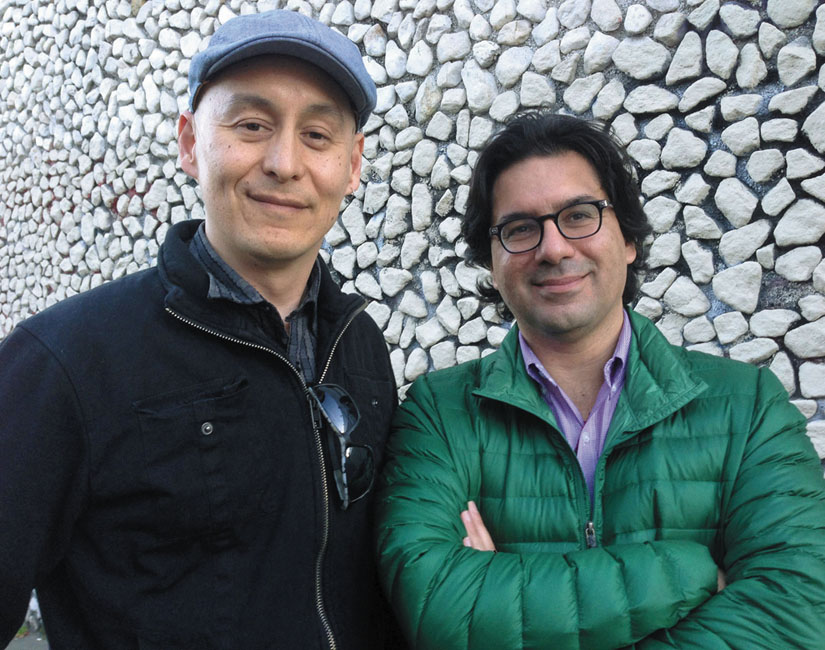by Chihiro Wimbush
The process of making a documentary film is an epic and arduous journey and Dogtown Redemption was no exception. I spent more than five years filming recyclers on the streets of West Oakland at all hours, from the early morning to late at night.
Each recycler had his or her own rhythm. Landon would scrap what he could in the neighborhood. Hayok would roam the trash bins in Emeryville malls as they filled and refilled all day. Roslyn would awaken in the pre-dawn chill. Jason would toil all night and through the next day, rolling his loaded shopping cart, listing like a Spanish galleon laden with gold, miles and miles from home.
They worked hard, laboring relentlessly through blazing heat and freezing rain to gather the bottles and cans from the recycling bins and heaping trash cans, and bring them to the recycling center. All this to earn a few dollars that maybe would give them enough to get by till the next day, when this routine started all over again.
Filming began in 2008. Bush was in his final days, Obama was the new voice of hope, and the economic system was teetering on the brink of collapse. As the film finally emerges eight years later, the world is still in a state of imbalance, the bankers are still in business, the gap between rich and poor ever widening.
When I first visited the recycling center, what I remember is the sensual assault: the explosions of glass and cans being sorted in recycling bins, the stink of the trash, the filth everywhere inside — on the sticky floors, on the grimy bins, even on the people.
My first reaction was to leave this uncomfortable place that seemed to be its own special dark and reeking purgatory full of lost souls, endlessly sorting and weighing the throwaways of other people’s lives on the scales.
But the process of making a documentary film is a heart-opening process. You must share of yourself before you can access other people’s lives. And when that trust is gained, you try and be a compassionate witness to their lives as they unfold, through the highs and lows, capturing their unique but universally connected human experience.

Through the camera’s eye, I observed grief and laughter, violence and love, addiction and redemption. I saw these recyclers at their best and worst, with all that makes us human, and ultimately the film will have succeeded if you, the viewer, sees this humanity too and it helps erase the invisible barrier we, as individuals and as a society, erect between us and “them.”
There’s relief and sadness and joy that the film process is complete. I’m glad the recyclers now have the chance to be seen for the complex and beautiful human beings they are at last.
And I still dream about those quiet late nights in the streets of Oakland, alone with the camera, filming a recycler digging in a garbage bin for a castaway treasure to redeem.
Chihiro Wimbush is co-director and director of photography for Dogtown Redemption.
